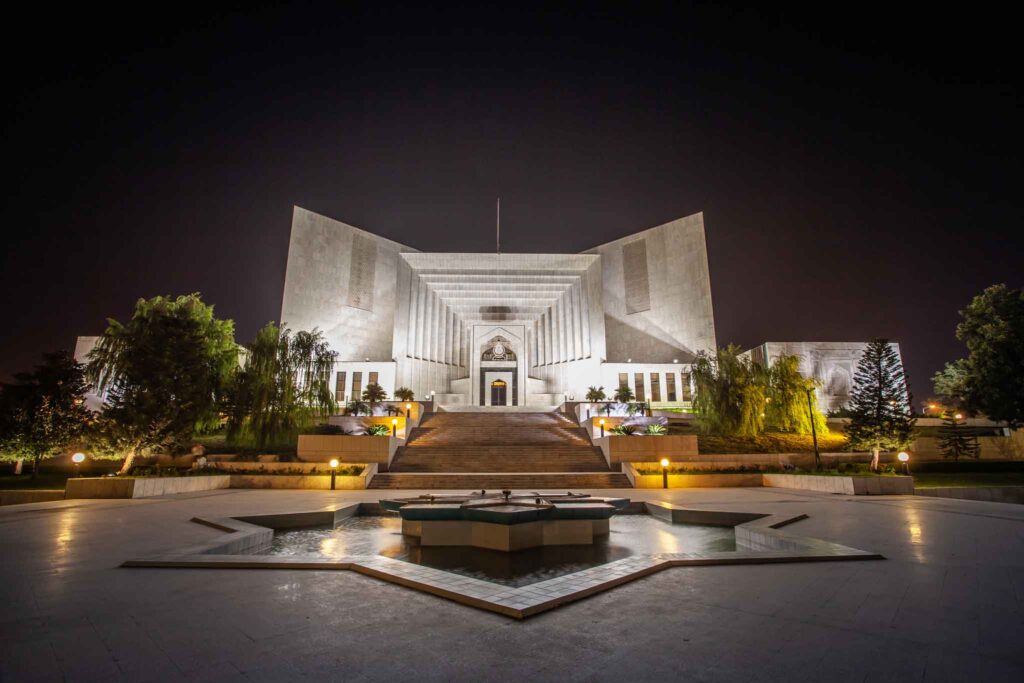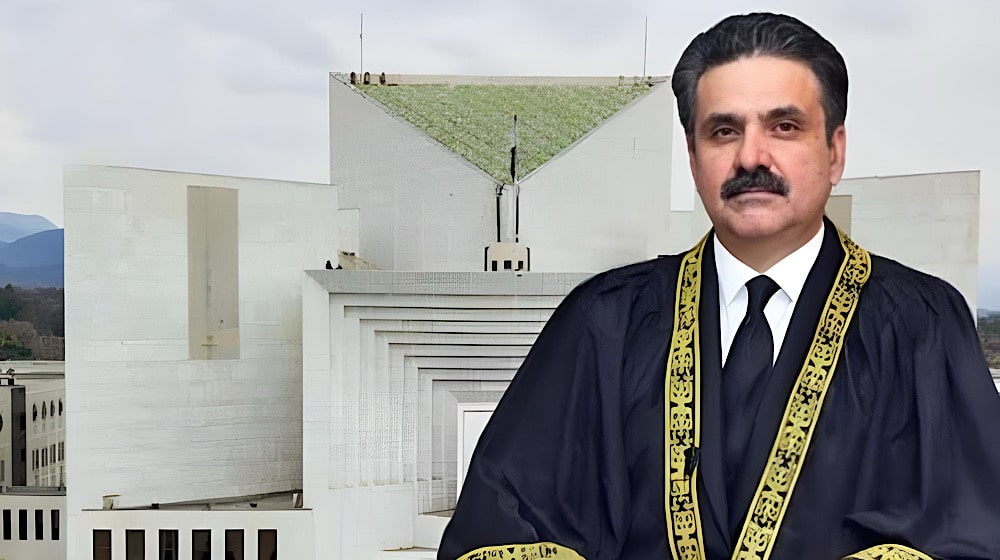Justice Yahya Afridi is set to usher in a new era for Pakistan’s judiciary as the next Chief Justice.
Known for his integrity and landmark rulings, his appointment signifies a strong commitment to upholding the rule of law.
Born on January 23, 1965, in Dera Ghazi Khan, Afridi’s nomination as Chief Justice has been approved by a two-thirds parliamentary majority and is now awaiting final confirmation from the prime minister.
A Path of Academic Excellence
Afridi’s academic journey began at Aitchison College, Lahore, followed by his graduation from Government College, Lahore, and a Master’s in Economics from the University of Punjab. He later earned an LL.M. from Jesus College, Cambridge, on a Commonwealth Scholarship, where he refined his expertise in international law.
Legal Career and Judicial Rise
Afridi launched his legal career in 1990 as a high court advocate, advancing to practice in the Supreme Court by 2004. His tenure as Assistant Advocate General for Khyber Pakhtunkhwa provided him with valuable insights into the region’s legal framework. He became a permanent judge of the Peshawar High Court in 2012 and served as its Chief Justice in 2016 before being elevated to the Supreme Court in June 2018.
Notable Cases and Contributions
Throughout his career, Justice Afridi has been part of landmark rulings, including the review of the presidential reference concerning former Prime Minister Zulfikar Ali Bhutto’s execution. His independent views, such as in the Sunni Ittehad Council case, showcased his strong legal reasoning.
Advocate for Judicial Independence
Afridi has consistently championed judicial independence, particularly during the 2007 emergency imposed by former president Pervez Musharraf, when he opposed the suspension of the judiciary. His dedication to safeguarding the Constitution and the judiciary’s role in upholding the rule of law has been a defining feature of his career.
As he prepares to take the helm of Pakistan’s judiciary, Afridi’s leadership is expected to steer the court through politically significant and complex legal challenges.


